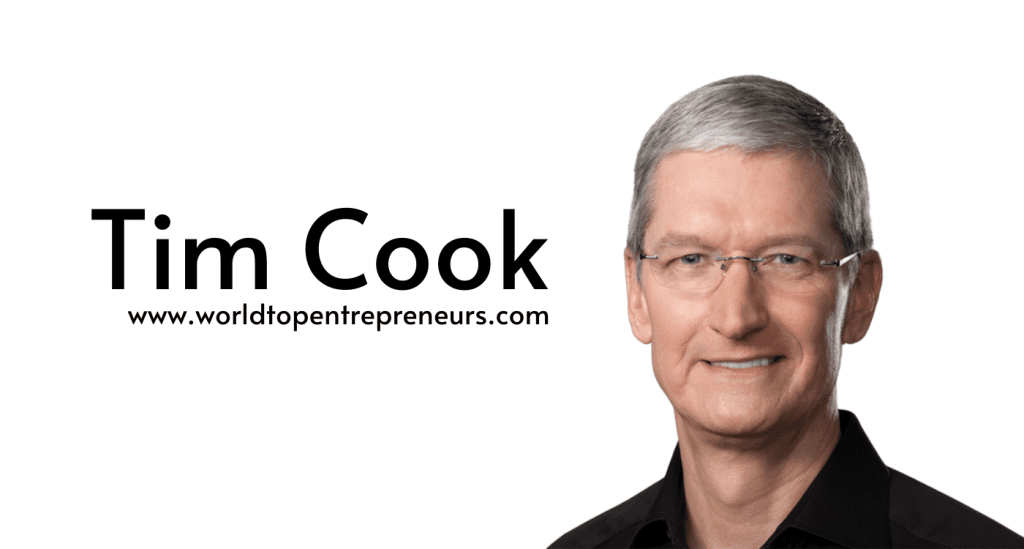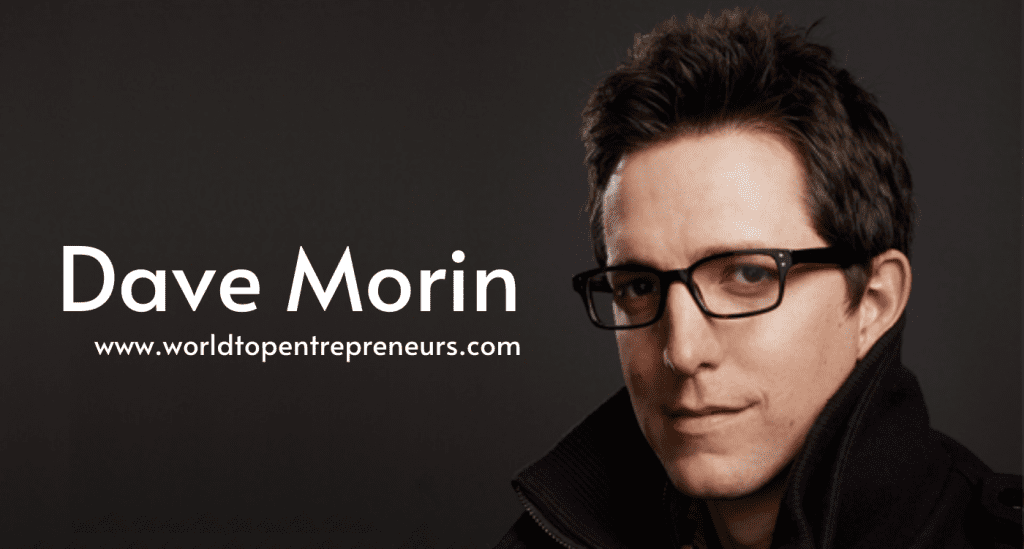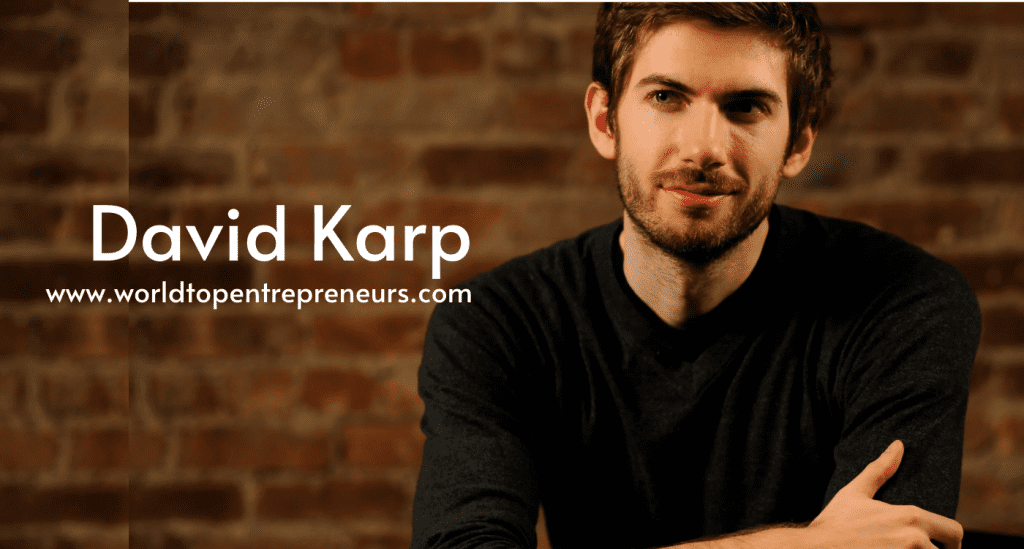Early Life and Education
Timothy Donald Cook, commonly known as Tim Cook, was born on November 1, 1960, in Mobile, Alabama. Growing up in a working-class family, Cook was influenced by his father, a shipyard worker, and his mother, a homemaker. Despite the modest beginnings, Cook’s upbringing was steeped in values of hard work, perseverance, and intellectual curiosity. His parents encouraged him to pursue his education and aspirations with unwavering support, setting the stage for his future accomplishments.
Cook attended Robertsdale High School in Robertsdale, Alabama, where his aptitude for mathematics and science began to shine. His performance in these subjects was indicative of his future career, marked by analytical thinking and problem-solving skills. Cook’s academic excellence paved the way for his college education. He enrolled at Auburn University, where he earned a Bachelor of Science degree in Industrial Engineering. Cook’s choice of industrial engineering reflected his interest in optimizing systems and processes—a trait that would become crucial in his professional life.
After completing his undergraduate studies, Cook furthered his education by pursuing an MBA from Duke University’s Fuqua School of Business. This advanced degree provided him with a solid foundation in business management and strategy, equipping him with the skills necessary to navigate the complex world of technology and corporate leadership.
Early Career and Pre-Apple Experience
Cook’s professional journey began with a series of roles that honed his business acumen and operational expertise. He started his career at IBM, where he worked in the company’s Personal Computer division. His role involved managing the company’s inventory and distribution operations, a position that required meticulous attention to detail and strategic planning. Cook’s performance at IBM was marked by efficiency and innovation, attributes that caught the attention of industry leaders.
After IBM, Cook moved on to work at the Intelligent Electronics division, where he managed the company’s reseller operations. His ability to streamline operations and drive profitability further established his reputation as a skilled operational leader. This period of Cook’s career was characterized by a deepening understanding of the technology sector and the intricacies of supply chain management.
In 1994, Cook joined Compaq Computer Corporation, where he served as Vice President of Corporate Materials. At Compaq, Cook was responsible for managing the company’s worldwide procurement and inventory, overseeing a complex network of suppliers and partners. His role at Compaq provided him with valuable experience in managing large-scale operations and refining supply chain processes.
Joining Apple and Early Contributions
Tim Cook’s journey with Apple began in 1998, when he joined the company as Senior Vice President for Worldwide Operations. At that time, Apple was struggling with financial instability and operational inefficiencies. Cook’s appointment came at a crucial juncture for the company, and his impact was both immediate and transformative.
One of Cook’s first major initiatives was to overhaul Apple’s supply chain management. He implemented a series of strategies to streamline production, reduce inventory levels, and improve cost efficiency. Cook’s approach involved negotiating better terms with suppliers, optimizing production schedules, and implementing a just-in-time inventory system. These changes had a profound effect on Apple’s bottom line, enabling the company to reduce costs and improve profitability.
Cook’s contributions extended beyond supply chain management. He played a pivotal role in the development and launch of several key Apple products, including the iMac, iPod, and iPhone. His ability to manage complex logistics and coordinate with various teams ensured that these products were delivered on time and met the high standards of quality that Apple is known for.
The Road to CEO
Tim Cook’s rise to the role of Apple’s CEO was a gradual process that reflected his growing influence within the company. In 2004, he was promoted to Chief Operating Officer (COO), a role that allowed him to take on additional responsibilities and further demonstrate his leadership capabilities. As COO, Cook continued to focus on improving Apple’s operational efficiency, overseeing the company’s global supply chain, and managing its retail operations.
Cook’s appointment as CEO in August 2011 marked a significant turning point for Apple. He succeeded Steve Jobs, the company’s co-founder and visionary leader, who had resigned due to health issues. The transition from Jobs to Cook was closely watched by industry observers, who wondered how the company would fare under new leadership.
In his early years as CEO, Cook faced several challenges. The tech industry was rapidly evolving, and Apple needed to adapt to changing market conditions and consumer preferences. Cook’s leadership was put to the test as he navigated the company through a period of intense competition and technological disruption.
Key Achievements and Innovations
Under Tim Cook’s leadership, Apple continued to thrive and achieve significant milestones. One of Cook’s notable achievements was the expansion of Apple’s product lineup and services. Cook recognized the importance of diversifying Apple’s offerings beyond its traditional hardware products. He spearheaded the development and launch of several key services, including Apple Music, Apple Pay, and Apple TV+.
Apple Music, launched in 2015, marked the company’s entry into the music streaming market. Cook’s vision for Apple Music was to create a comprehensive and immersive music experience for users, integrating both streaming and curated content. The service quickly gained popularity and became a significant revenue stream for Apple.
Apple Pay, introduced in 2014, revolutionized the way people make payments. Cook’s emphasis on security and convenience led to the development of a mobile payment system that utilized advanced technology to protect users’ financial information. Apple Pay’s success reflected Cook’s ability to identify emerging trends and capitalize on new opportunities.
Apple TV+ was another major initiative under Cook’s leadership. Launched in 2019, the service marked Apple’s foray into original content production. Cook’s vision for Apple TV+ was to create high-quality, exclusive content that would attract and retain subscribers. The service has since garnered critical acclaim and contributed to Apple’s growth in the entertainment sector.
Emphasis on Privacy and Sustainability
Tim Cook’s leadership has been marked by a strong emphasis on privacy and sustainability. Cook has consistently advocated for user privacy as a fundamental right, positioning Apple as a company that prioritizes the protection of personal data. Under his guidance, Apple has implemented a range of privacy-focused features and policies, including enhanced encryption, transparency in data collection, and user control over personal information.
Cook’s commitment to sustainability is equally noteworthy. He has championed initiatives to reduce Apple’s environmental footprint and promote renewable energy. Under his leadership, Apple has made significant strides in its efforts to become carbon neutral. The company has invested in renewable energy projects, improved the energy efficiency of its products, and committed to using recycled materials in its supply chain.
Navigating Challenges and Criticisms
Tim Cook’s tenure as CEO has not been without challenges and criticisms. One of the major criticisms faced by Cook and Apple has been related to the company’s pricing strategies and product affordability. Some critics have argued that Apple’s products are priced higher than those of its competitors, making them less accessible to a broader audience. Cook has defended Apple’s pricing strategy by emphasizing the value and quality of its products, as well as the company’s commitment to innovation.
Another challenge that Cook has faced is the increasing scrutiny of Apple’s practices in areas such as labor conditions and antitrust concerns. Apple has been criticized for its reliance on overseas manufacturing and the working conditions of its supply chain partners. Cook has addressed these issues by committing to improving labor practices and ensuring fair treatment of workers.
Antitrust concerns have also been a point of contention for Apple. The company’s App Store policies and practices have faced legal challenges from developers and regulators. Cook has defended Apple’s approach by highlighting the company’s efforts to provide a secure and fair platform for app developers while ensuring a high-quality user experience.
Legacy and Future Prospects
As Tim Cook continues to lead Apple, his legacy is being shaped by his contributions to the company’s growth and innovation. Cook’s leadership has been characterized by a focus on operational excellence, product diversification, and a commitment to privacy and sustainability. His ability to navigate challenges and capitalize on new opportunities has solidified Apple’s position as one of the most valuable and influential companies in the world.
Looking to the future, Cook’s vision for Apple is likely to involve continued innovation and expansion into new markets. As technology continues to evolve, Apple will need to stay ahead of emerging trends and adapt to changing consumer preferences. Cook’s track record suggests that he will continue to lead the company with a strategic and forward-thinking approach.
Tim Cook’s impact on Apple and the technology industry at large is undeniable. His leadership has been instrumental in shaping Apple’s trajectory and ensuring its continued success. As Apple moves forward, Cook’s legacy will be defined by his contributions to the company’s growth, his commitment to user privacy and sustainability, and his ability to lead with vision and purpose.
In conclusion, Tim Cook’s journey from a small-town upbringing to the helm of one of the world’s most influential technology companies is a testament to his resilience, vision, and leadership. His achievements at Apple have set new standards for innovation, privacy, and sustainability. As the technology landscape continues to evolve, Tim Cook’s legacy will undoubtedly be remembered as one of transformative leadership and unwavering dedication to excellence.





















